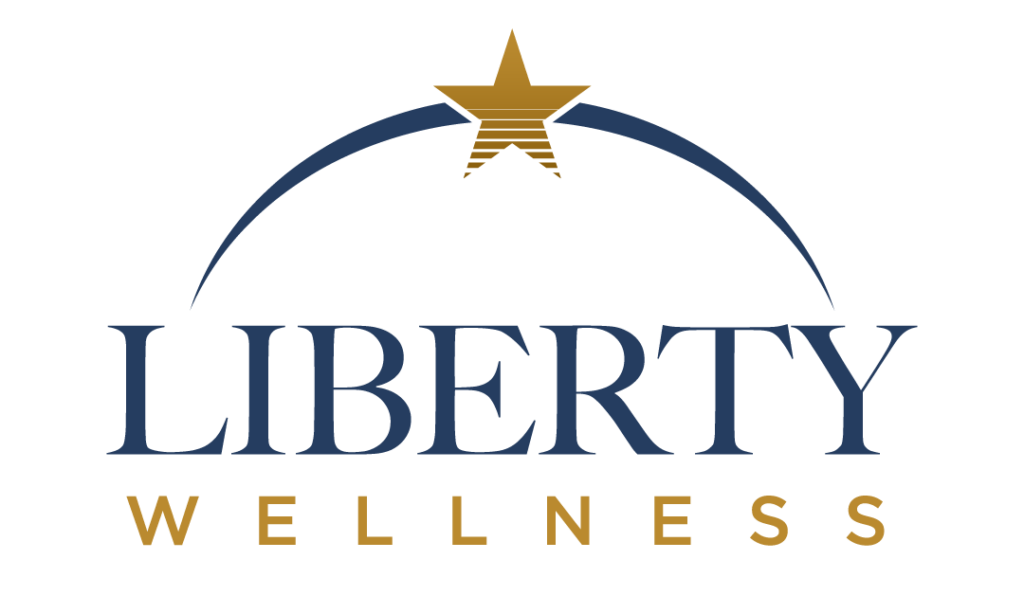There are many challenges on the road to establishing a durable, substance-free lifestyle following addiction treatment. One of the most common setbacks is a relapse back into drug or alcohol use. Roughly 40% -60% of all people in recovery will go through a relapse episode after achieving their sobriety. You can restore abstinence after experiencing such an episode. But if at all possible, a far better option is to steer clear of one entirely. To achieve this goal, it’s important to understand what causes relapse. It’s also important to know how to reduce your relapse risks.
What Is a Drug Relapse?
What exactly do we mean when we talk about a substance relapse? In popular perception, a relapse only occurs when you take a drink or use a drug after getting sober. But in reality, this is the end point of a much longer process.
Research shows that relapses play out over time as a linked series of stages. The initial stage of the process is known as an emotional relapse. At this early point, you don’t have any conscious thoughts about taking part in substance use. In fact, you actively resist the idea. Nevertheless, you start to behave in ways that set you up for future problems. For example, you may withdraw from social contact, stop expressing your emotions or quit going to self-help meetings.
Unless you recognize what’s happening to you and get help, you may next experience a mental relapse. At this stage, conscious thoughts about substance use begin to emerge. You’re still able to counter these thoughts and avoid consuming drugs or alcohol. But there’s a war in your head that moves you one step closer to actual substance use.
If you do drink or take a drug, you have entered the third, physical stage of a relapse. Some people in this stage only use drugs or alcohol a single time. However, others return to their previous pattern of repeated use.
What Causes a Drug Relapse or Alcohol Relapse?
What causes an alcoholic to relapse? And why might someone in recovery from drug addiction do the same thing? There is no single answer to either of these questions. Instead there are multiple potential risk factors for or causes of relapse. Examples of these possible factors include:
- Underestimating the challenges of maintaining your recovery
- Not believing in your ability to continue to stay sober
- Continuing to think about the “positive” aspects of drug or alcohol use
- Having problems coping with risky situations that put your sobriety in jeopardy
- Not having a strong sobriety support network
You may only be affected by one of these issues. But that can easily overlap and boost your relapse odds even higher.
Certain aspects of your everyday reality can also increase your chances of relapsing. For example, your risks typically go up if other people drink or use drugs in your presence. The same is true if you hang out in a place that you associate with substance use. Even living near a liquor store, bar or nightclub can contribute to your relapse risks.
Your mental state also matters. Some people relapse, at least in part, as a result of boredom or stronger, negative emotions. In addition, those in long-term recovery may mistakenly think that they’re no longer at-risk for a potential relapse.
How to Prevent a Drug Relapse
Relapses are common, but not inevitable. What can you do to prevent them from happening? One major step is educating yourself about how relapses occur. Knowledge of the process’ earlier stages allows you to get help before you actually drink or use drugs. It’s also important to understand what causes relapse. That way, you can look for potential trouble spots and address them before they lead to problems.
It’s possible to do these things on your own. However, as a rule, a much better option is seeking help from an addiction specialist. Trained local professionals in New Jersey can guide your relapse education. They can also help you develop a relapse avoidance plan and develop crucial prevention skills.
Finding a Relapse Prevention Program in New Jersey
Want to know more about what causes relapse? Liberty Wellness is your source for expert information and advice. With our help, you can assess the full scope of your relapse risks. You can also find out what’s needed to reduce those risks and stay substance-free. Key to our efforts in this area is a dedicated relapse prevention program. This program features essential educational resources. It also includes multiple options for strengthening your prevention skills and keeping your sobriety intact. Contact us today to learn more and get the process started. We’re standing by to provide you with timely, ongoing support.




